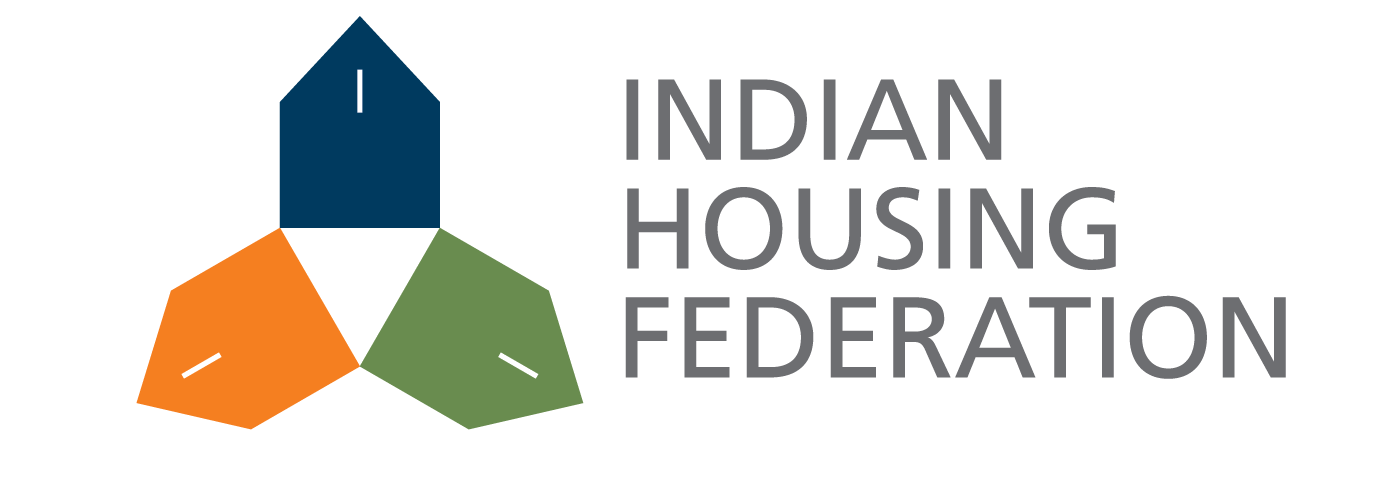December 17, 2021
The Tamil Nadu Urban Habitat Development Board (TNUHDB) has announced a scheme ‘Nam Kudiyiruppu, Nam Poruppu’ (Our Tenements, Our Responsibility) to facilitate the formation of Resident Welfare Associations (RWAs) or restructuring of already existing RWAs as per model by-laws approved by TNUHDB, such that the RWAs can take further responsibility of operations and maintenance of tenements constructed under the housing schemes of TNUHDB. The Government Order (4D) No. 55, dated 17.12.2021 states the new scheme and the guidelines by which the owners of tenements shall take responsibility along with partial assistance by TNUHDB and the state government.
GO-55 states that TNUHDB has constructed and maintains 1.80 lakh tenements across Chennai and other towns. The collection of maintenance charges from households at these tenements is low, as a result of which the tenements are poorly maintained but at the same time TNUHDB incurs huge expenditures on maintenance. Hence, this proposal for Nam Kudiyiruppu, Nam Poruppu scheme shares the responsibility of maintenance between RWAs and the TNUHDB.
TNUHDB has proposed financial implications for three financial years, 2021-22, 2022-23 and 2023-24. As per GO-55, the state government will provide a matching grant to TNUHDB, which shall be released on quarterly basis after the collection of equivalent maintenance charges by RWAs. The RWA will be responsible for routine maintenance and minor repairs (incurring expenditure less than Rs. 30,000), whereas TNUHDB will be managing water supply, electricity charges for common area and lift, and major repairs (for works incurring over Rs. 30,000) of tenements. The additional infrastructure will have equal contribution from both RWAs and TNUHDB. The annexure attached in GO-55, details the different works that constitute the maintenance responsibilities of both the bodies. The annexure also provides guidelines for funding sources, financial accountability, composition of maintenance committees and capacity building norms.
Source:https://cms.tn.gov.in/sites/default/files/go/hud_e_55_2021_4D.pdf



